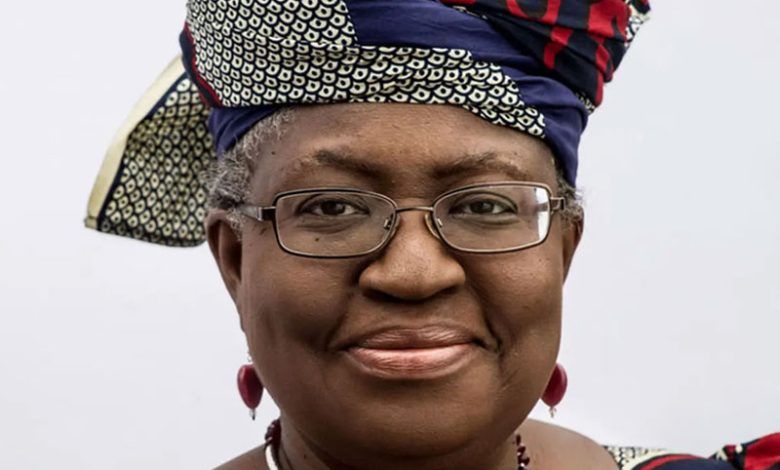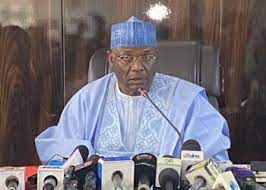
Director-General of the World Trade Organization (WTO), Ngozi Okonjo-Iweala, has called on African nations to deepen intra-regional trade and become more self-reliant as the continent grapples with the ripple effects of newly imposed U.S. tariffs.
Speaking to journalists on Friday on the sidelines of the IMF/World Bank Spring Meetings in Washington, Okonjo-Iweala addressed concerns over the sweeping U.S. trade measures, including a 14% tariff on Nigerian goods and higher reciprocal tariffs on several African countries.
While the overall impact on Africa is limited only 6.5% of the continent’s exports head to the U.S., and just 4.4% of imports come from there the WTO chief stressed that the low volume of trade itself reflects a deeper problem.
“We’re not trading much, which is not a good thing,” she said. “But the problem is that within Africa, a handful of poorer countries are being disproportionately affected by these reciprocal tariffs.”
Lesotho and the Tariff Trap
Okonjo-Iweala cited Lesotho as a key example of how small economies are vulnerable to such trade shocks. The landlocked Southern African country exports around $200 million in textiles to the U.S. annually but imports just $3 million in return. Under the new tariff regime, Lesotho faces a 50% reciprocal tariff, which could slice off nearly half a percentage point from its GDP growth.
“That’s huge for a poor country,” she warned. “It will lose a lot of its exports to the U.S., even though it might gain a little by exporting elsewhere. We are urging the U.S. to consider exemptions for least-developed countries like Lesotho.”
Other African countries facing high tariffs include Ghana (10%) and Côte d’Ivoire, which exports nearly $1 billion in cocoa to the U.S. and now faces a 21% duty. Okonjo-Iweala cautioned that such measures could undermine fragile economies and disrupt livelihoods.
Call for Economic Self-Reliance
In light of the trade upheaval, Okonjo-Iweala said African nations must shift focus inward by scaling up local production, mobilizing domestic investment, and eliminating trade barriers that stifle intra-African commerce.
“It’s very clear. Aid is disappearing. What we need now is investment,” she said. “We must mobilize resources for infrastructure, remove bureaucratic bottlenecks, and attract private capital.”
Despite representing roughly 18% of the global population, Africa accounts for just 3% of world trade and has intra-continental trade levels hovering between 16% and 20%. The WTO chief said this imbalance must change through value addition, industrialization, and stronger integration under the African Continental Free Trade Area (AfCFTA).
“We cannot continue exporting unprocessed commodities. That model does not create jobs,” she said. “We must attract investment to add value, create products, and trade them among ourselves.”
Lesotho’s Missed Opportunity in Africa’s $7bn Textile Market
Okonjo-Iweala highlighted Lesotho’s paradoxical situation: while the country is at risk of losing the U.S. market for its textile exports, Africa itself imported $7 billion in textiles last year.
“Lesotho is making jeans,” she said. “Why can’t it sell them to African countries instead of depending entirely on the U.S.?”
According to data from the Observatory of Economic Complexity (OEC), Lesotho exported $1.14 billion worth of goods in 2023, led by diamonds, suits, wool, and T-shirts. The U.S. was its third-largest trading partner, after South Africa and Belgium.
Okonjo-Iweala concluded by urging policymakers across the continent to use the current global trade environment as a wake-up call to build resilience, reduce dependency, and transform Africa into a stronger internal market.





